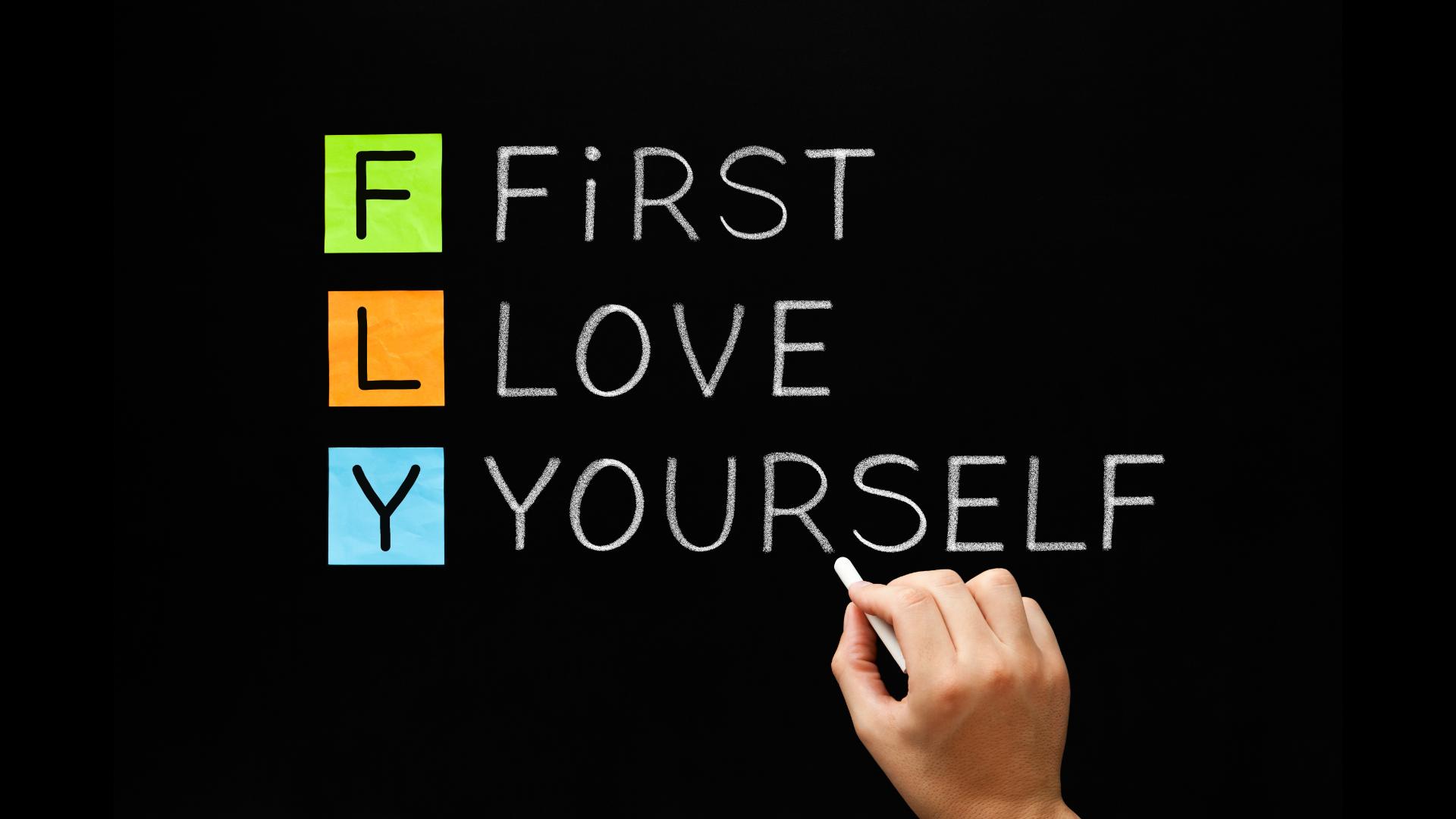Self-acceptance is the ability to embrace all aspects of our being, flaws included. It means coming to terms with parts of ourselves that we find undesirable. This is different from self-esteem, which refers to confidence in our positive attributes and capabilities. Self-acceptance is more unconditional; it happens when we can love ourselves, despite our shortcomings and incapability. If we operate from a place of results-driven perfectionism, self-acceptance can be challenging because it depends on performance. But self-acceptance is a skill that can be learned. Keep reading to learn how!
Acknowledge Strengths
Strengths are inherent or learned abilities and traits. These are the things we excel at, physically or otherwise. Some of us may be spontaneous, while others may be super analytical (both good things). Strengths can help propel our lives, personally and professionally. Ex. when given the chance to apply strengths in the workplace, job satisfaction and work performance increase.
When we aren’t used to practicing self-acceptance, we may not be inclined to acknowledge our strengths. We may not even know what they are. Luckily, there are simple tools to help clarify what we’re good at. The first is simply to brainstorm a list of basic qualities about ourselves. Ex. I am tidy, I am kind, I am a good friend, etc. It’s also useful to think about the challenges we’ve beat, and the goals we’ve reached. We can add to the list on an on-going basis, and reference it when we need a reminder.
There are also many strengths tests that can shed light on our abilities. A popular choice is the VIA Character Strengths Survey. It helps identify our innate strong suits. The VIA survey divides 24 strengths into six categories:
- Wisdom
- Courage
- Humanity
- Justice
- Temperance
- Transcendence
The more we acknowledge the ways in which we are strong and capable, the more confident we become. When we are confident in ourselves, we more readily accept ourselves.
Evaluate Criticism
It’s normal for our ego to take a slight blow when met with criticism, even the constructive kind. Specifically, if the criticism rings true for us. Constructive criticism can be useful when it’s aimed at one facet of our behavior. Healthy feedback should never target the entirety of our being. Even still, before internalizing criticism, it’s important we ask ourselves these questions:
- Who is providing the criticism? Are they qualified to do so?
- Does the person giving criticism know us well enough, or have the skills necessary to make an accurate judgement?
- Is the criticizer biased in a way that makes subjectivity difficult (like someone with a close emotional investment in us)?
- Is the criticism from a rational or emotional place?
If we decide the feedback is valid, we can use it to learn about ourselves. Constructive criticism doesn’t mean our whole being is flawed, or that we’re unwanted. We realize that we are valuable yet also understand self-improvement is necessary (and healthy).
There’s a difference between constructive feedback and character assassination. If people are doing the latter, constantly putting us down, it might be best to walk away. We should surround ourselves with people who enjoy our authenticity. Constant unhelpful criticism is emotional abuse. It’s difficult to cultivate positive feelings about ourselves under these conditions. We cannot accept ourselves if we are trying to fit someone else’s mould.
Allow Self-Compassion and Forgiveness
No matter how much we fixate on past errors, we can’t alter history. If we’ve done something that bring us shame, we may beat ourselves up. We may believe that we aren’t worthy of forgiveness. It can feel selfish to let ourselves off the hook. We may feel so much shame or guilt that we struggle to acknowledge it. However, allowing ourselves to experience these uncomfortable emotions is the first step to self-forgiveness. It’s very human to mess up sometimes.
Like constructive criticism, we should aim to learn from our mistakes. If we hurt someone, we can think about what led to that, and how to avoid it in the future. We can extend an apology if it feels appropriate. If we make mistakes in our own lives, we should try not to perceive them as shortcomings. Instead, it’s important to remind ourselves that our loved ones (friends, family, pets, etc.) value us, despite imperfection. And we should too. If we believe our worth comes from our accomplishments, we should remind ourselves that love is unconditional. We don’t need to earn our own love or acceptance, or the love of others. It should be freely given. We may confuse acceptance with resignation. This is not true. Accepting that we aren’t perfect doesn’t mean we shouldn’t strive to be better. It simply means we aren’t tearing ourselves down in the process. So, be authentic, make mistakes and practice self-acceptance.
Sources
https://psychcentral.com/lib/therapists-spill-12-ways-to-accept-yourself#1
https://www.healthline.com/health/how-to-forgive-yourself#1.-Focus-on-your-emotions
https://www.viacharacter.org/character-strengths
The Anxiety and Phobia Workbook, Edmund J. Bourne, Pg. 242

